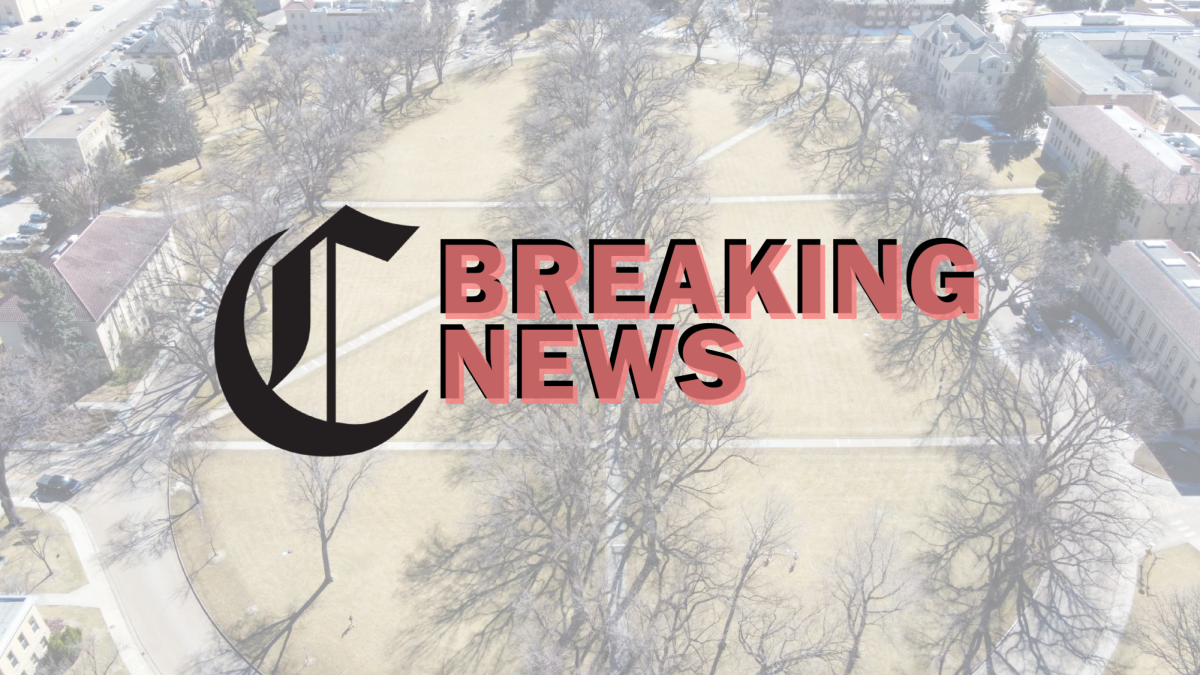
According to this year’s CSU Financial Aid Guide, the average direct loan debt for spring graduates was almost $29,000 last year. For students going into public service, these debts can be erased with the Public Service Loan Forgiveness Program.
The program was established in October of 2007 by the College Cost Reduction and Access Act of 2007 for students going into majors related to public service. After 10 years of full-time public service work and 120 monthly payments in loan repayment, all remaining debt is forgiven.
Ad
“If you remain in a public service position for 10 years while you’re making your loan payments, at the end of that 10 year period, whatever is left of your unpaid loan debt will be forgiven,” said Tom Biedscheid, director of Student Financial Services.
According to the Student Financial Aid Office of the U.S. Department of Education, any loans given under Direct Loan Programs — subsidized or unsubsidized Stafford/Ford loans, Direct PLUS loans or Direct Consolidation loans — are eligible for loan forgiveness.
“I love the program — it’s a great thing,” Biedscheid said. “Instead of students with those graduate degrees always going for the jobs that make the big bucks, it encourages them to go into positions that don’t make as much money, but are just as important.”
According to a post on the Public and Commercial Services Union’s website last year, the average salary of a full-time employee in public services is about $30,000.
With that in mind, Student Financial Services recommends any graduate students going into the public services field to enroll in this program.
“I know the teaching profession isn’t going to make me a millionaire,” said Chelsea Geier, a fifth-year senior getting her masters degree in English Education. “With over $30,000 in loan debt, it’s relieving to know that I won’t have to pay all of it off myself.”
Yet, being forgiven isn’t as easy as it sounds. According to Professor Daniela Castillo, a full-time instructor in the JTC department who enrolled in the program six months ago, the program is riddled with hassles.
“You have to be on this income contingent repayment plan which means they take your income and calculate what your monthly payments should be,” Castillo said. “The problem is that because I’m married and my husband works at HP as a senior engineer, my payments went from something ridiculous like $650 a month to somewhere around $1,500.”
The program has a series of qualifications and graduates must meet all of the requirements. Another unsteady element of the program is that because it started in 2007, no one has actually completed the program to see the full results.
Ad
“There is a little fear about the program,” Castillo said. “Although the paperwork says there won’t be any changes, you don’t know. The next president could blow a gasket and end the whole thing.”
Even though the effectiveness of the program is yet to be seen, overall it’s seen as a helpful way for graduates to pay off their loan debt.
“I would definitely recommend it,” Castillo said. “Especially for someone like me who has over $110,000 in loan debt.”
Collegian Reporter Rick Cookson can be reached at news@collegian.com.












